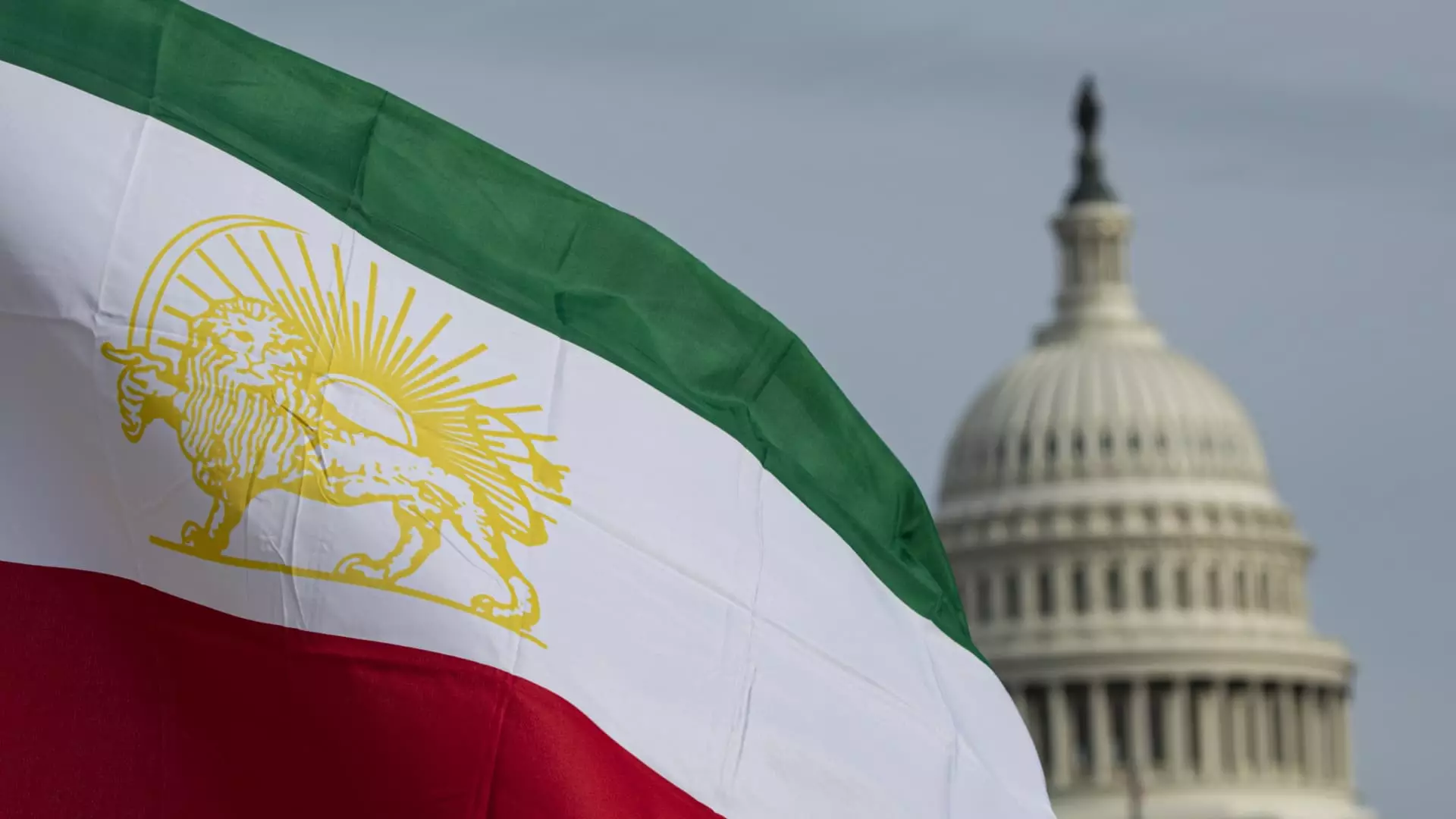The unfolding diplomatic saga between Iran and the United States over the country’s nuclear ambitions showcases the precarious balance between progress and mistrust. Recent statements from Iranian officials reflect an atmosphere thick with skepticism, particularly from Iran’s Foreign Minister Abbas Araqchi, who has warned of “extreme” caution concerning the talks. The U.S. has taken a more optimistic tone, asserting confidence in reaching a new agreement aimed at curbing Tehran’s nuclear capabilities. However, one cannot overlook the challenging dynamics at play, which weave a complex narrative that often swings from hopefulness to a deeply entrenched apprehension.
In their discussions, be it in Muscat or Rome, the urgent need for serious dialogue is clear. Yet lurking within these negotiations is a longstanding history marred by hostilities and broken promises. The Iranian leadership continues to remain wary of U.S. intentions, a sentiment that is palpable in Araqchi’s statements. While both sides seem determined to keep the channels of communication open, the immense shadows of skepticism question whether any substantive change will result from this round of talks.
Trump’s Unyielding Stance: Pressure or Pragmatism?
U.S. President Donald Trump’s rhetoric around a potential deal seems imbued with both bravado and contradiction. While he hints at the possibility of securing a favorable agreement, the twin threats of military action loom ominously over the negotiations. This duality in approach—expressing interest in diplomacy while simultaneously threatening coercion—creates an unsettling dichotomy that undermines the sincerity of the talks. It raises questions about whether the U.S. genuinely prioritizes diplomatic solutions or whether it is simply waiting for an opportune moment to reassert its might.
Moreover, Trump’s decision to withdraw from the 2015 nuclear agreement and impose “maximum pressure” sanctions on Iran opened a dam that has since released torrents of mistrust between the two nations. Iran’s gradual breach of the deal’s stipulations—most notably escalating uranium enrichment—illustrates its perception of being backed into a corner. If the U.S. holds on to its hardline stance, what room does Iran have for compromise? Dilemmas abound over whether genuine negotiation is possible when both parties remain entrenched in their beliefs and positions.
The Human Cost of High-Stakes Diplomacy
Complicating matters is the human impact of the ongoing tensions, exemplified by a recent devastating explosion at Shahid Rajaee port, which resulted in unnecessary loss of life and nationwide anxiety. Such events underscore the fact that behind the grand political maneuvers lie real bodies and families affected by the consequences of diplomatic failure. With negotiations aimed at restoring harmony, how does one measure the collateral damage from persisting hostility?
The idea that a nuclear deal could mean economic relief for the Iranian populace is tantalizing yet daunting. Amidst the strife, Tehran’s willingness to engage in promising negotiations must come from a deep desire to alleviate the repercussions of sanctions that have impoverished its citizens. However, every overture towards negotiating terms is met with caution; it’s a game of high stakes where one misstep could both escalate tensions and undermine the fragile discourse fostered thus far.
Expert Opinions: The Real Challenge
The inclusion of expert-level discussions can serve as an enlightening approach to bridging divides. Treaties are complex, especially when dealing with as sensitive an issue as nuclear capabilities. Both sides have tried to play up the progressive nature of these dialogues, but experts on the ground have characterized the conversations as “difficult, complicated, and serious.” These nuances are crucial as they reveal that while high-level politicians may tout optimism, those with technical expertise grapple with a multitude of unresolved issues.
One particular area of contention lies in the limitations on Iran’s missile program, which Tehran maintains is non-negotiable. The U.S. positions itself equally firm, asserting that any comprehensive deal must extend beyond a mere halt in nuclear enrichment to encompass the prevention of Iran acquiring the means to deliver a nuclear weapon. Such rigorous demands add layers of complexity that could potentially derail progress if not carefully addressed.
In the face of crisis and cautious optimism, it remains to be seen whether the delicate threads of diplomacy can weave a fabric strong enough to withstand both internal and external pressures, or if the ongoing rancor will once again unravel any steps taken toward resolution. The hope for peace hangs precariously, as ancient rivalries and the weight of international politics loom large over any potential breakthrough.


Leave a Reply